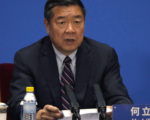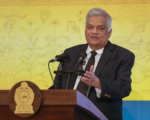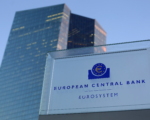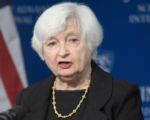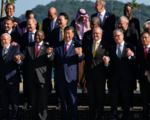ECB’s Panetta Advocates Lower Rates and Clearer Forward Guidance

Call for a Return to Forward-Looking Policy
Fabio Panetta, a member of the European Central Bank’s (ECB) Governing Council and Governor of the Bank of Italy, has emphasized the need for a forward-looking monetary policy framework as inflation in the eurozone stabilizes. Speaking at Milan’s Bocconi University, Panetta highlighted the importance of shifting focus from restrictive measures to supporting the real economy, which remains sluggish.
“With inflation close to target and domestic demand stagnant, restrictive monetary conditions are no longer necessary,” Panetta stated, warning that failing to stimulate the economy could risk inflation falling well below the ECB’s 2% target.
Recent Monetary Policy Moves
The ECB has already taken steps to ease monetary conditions, cutting interest rates three times since June as inflation cooled from double-digit levels experienced after Russia’s invasion of Ukraine in 2022. The latest cut in October brought the deposit rate down to 3.25%.
Panetta suggested further reductions are necessary to reach a neutral rate, which economists estimate at 2-2.5% for the euro area. Some projections place this rate as low as 1.75% or as high as 3%. Investors expect another 25 basis point cut in December, potentially bringing the deposit rate to between 1.75% and 2.0%.
“We are probably still a long way from the neutral rate,” Panetta remarked, indicating the ECB’s work is far from over in normalizing monetary policy to support growth.
Transition from Exceptional Policy Framework
In response to the economic shocks of 2022-2023, the ECB adopted a “meeting-by-meeting” approach, eschewing traditional forward guidance to adapt to volatile conditions. Panetta argued that with economic conditions becoming more predictable, the ECB should return to a medium-term, forward-looking strategy.
He criticized the current framework, saying, “Meeting-by-meeting, data-driven policy does not fit well with the more forward-looking approach that we need to adopt.” Instead, he advocated for clear guidance on the evolution of policy rates to help businesses and households plan effectively.
Providing such guidance, he noted, would bolster demand and aid in the recovery of the eurozone’s real economy.
Outlook and Implications
As inflation normalizes, the ECB faces the challenge of balancing rate cuts to stimulate demand without reigniting price pressures. Panetta’s call for a more transparent and forward-looking approach could signal a shift in how the ECB communicates and implements its policies.
With another rate cut expected in December and further reductions anticipated through the spring, the ECB appears poised to adopt a less restrictive stance. Panetta’s remarks suggest that this period could also mark a broader strategic shift aimed at supporting long-term economic stability and growth.






